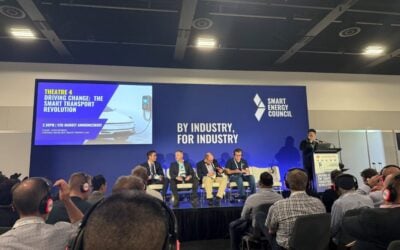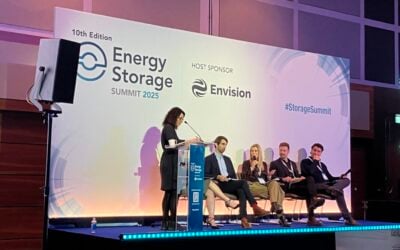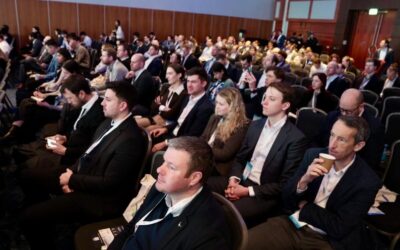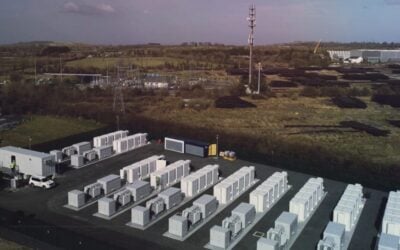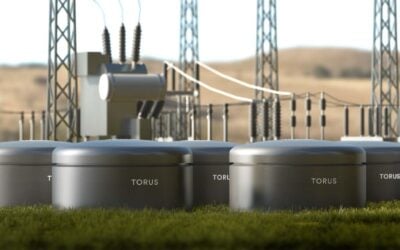Tallaght Smart Grid Testbed - a collaboration between South Dublin County Council, MEGA and a host of renewable energy firms, including Ecoult and Freqcon
A hybrid energy storage device that combines an ultra-capacitor with traditional lead-acid battery technology has been selected for South Dublin County Council’s Tallaght Smart Grid Testbed.
The lead-acid hybrid, called the UltraBattery, was developed by Australia’s Commonwealth Scientific and Industrial Research Organisation (CSIRO), and has been commercialised by its former subsidiary Ecoult, now owned by US firm, the East Penn Manufacturing Company.
Enjoy 12 months of exclusive analysis
- Regular insight and analysis of the industry’s biggest developments
- In-depth interviews with the industry’s leading figures
- Annual digital subscription to the PV Tech Power journal
- Discounts on Solar Media’s portfolio of events, in-person and virtual
German energy systems developer Freqcon, appointed by South Dublin County Council and the Irish Micro Electricity Generation Association (MEGA), to deploy energy storage systems for the Tallaght project, has recruited Ecoult to install the UltraBattery system.
Freqcon has already used ultra-capacitors and lithium-ion batteries by Maxwell Technologies at Tallaght, the largest town and county seat in South Dublin. The Tallaght deployment, which will work with power converters from the German firm, represents the first UltraBattery installation in Europe.
Ecoult said the Irish project will demonstrate energy storage can provide “synthetic inertia”, and outperform existing fossil fuel balancing resources, and show its UltraBattery system can deliver system services in accordance with Ireland’s new DS3 grid programme, to deliver a “secure sustainable electricity system”.
“The UltraBattery is a hybrid technology. It contains both battery chemistry and ultracapacitor technology built into each cell. This Australian invention has the safety, sustainability and dependability of lead-acid, and has been shown to outperform other battery chemistries in similar applications,” said Ecoult chief executive John Wood.
“Since the technology is built on a proven and safe lead-acid platform, UltraBattery cells are recyclable and we’re delighted that Freqcon has chosen to partner with our technology and storage system.”
Freqcon chief executive Norbert Hennchen said: “The market for grid-tied energy storage systems is growing, and fast frequency response is a valuable system service to the grid. Ecoult’s hybrid lead-acid UltraBattery is a very promising technology in this space and we are excited to partner with Ecoult and deploy the first unit in Europe.“
Freqcon supplied the power converters for a lead-acid battery and flywheel hybrid in County Offaly, in Ireland, in April. The solution, which uses flywheels by US manufacturer Beacon and a lead-acid battery by Hitachi, was a pilot for EirGrid’s DS3 programme.
Last year, Hydro Tasmania in Australia integrated an Ecoult UltraBattery system, capable of 3MW of power and 1.6MWh of capacity into the local network. The battery is the largest in Australia.

